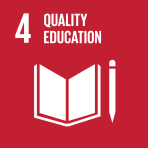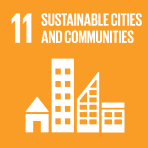-
Status of women in India: A comparison by state
- Source: Asia-Pacific Population Journal, Volume 8, Issue 4, Dec 1993, p. 1 - 11
-
- 24 Dec 1993
- Previous Article
- Table of Contents
- Next Article
Abstract
The concept "status of women" eludes precise definition and hence precise measurement. Status can be perceived in different ways: the extent of a woman’s access to social and material resources within the family, community and society (Dixon, 1978), or her authority or power within the family/community and the prestige commanded from those other members (Mukerjee, 1975), or her position in the social system distinguishable from, yet related to, other positions (Committee on the Status of Women in India, 1974), or the extent to which women have access to knowledge, economic resources and political power as well as the degree of autonomy they have in decision making and making personal choices at crucial points in their life-cycle (United Nations, 1975). The idea of status also connotes the notion of equality (Krishnaraj, 1986). There can be self-perceived status, group-perceived status or objective status (Mukerjee, 1975), a situation which can lead to status inconsistency when a person is very high in one type of status and very low in another.





